Can I Get Dental Implants if I Smoke?
Dental implants are the top choice for tooth replacement. However, those who smoke may be wondering if dental implant treatment is right for them.
The short answer is yes, you can get dental implants if you smoke. However, please note that smoking can negatively impact the success of implant treatment. Studies show that smoking can increase the dental implant failure rate. Your dentist or oral surgeon will assess your overall health and discuss any potential risks before proceeding with your dental implant procedure.
How Does Smoking Affect Dental Implant Treatment?
Slower Recovery
Smoking can restrict blood flow to the gums and jawbone, slowing down the healing process after a dental implant procedure. This can lead to a longer recovery and make it more difficult for the implant to fuse properly with the bone. It can also increase the risk of implant failure, infection, and other complications.
Increased Risk of Implant Failure
Smoking also increases the risk of implant failure. Nicotine and other chemicals found in cigarettes can weaken the bone and make it more difficult for the implant to fuse. Additionally, smoking can increase the risk of infection, which can lead to implant failure if not treated as soon as possible.
Increased Risk of Infection
Your risk of infection is higher with smoking. Chemicals such as nicotine that are found in cigarettes can weaken the immune system, making it more difficult for the body to fight off infection. This can lead to implant failure or the need for additional surgeries.
Increased Risk of Peri-Implantitis
Peri-implantitis is a condition that occurs when the tissue around the implant becomes infected and inflamed. Smoking can increase the risk of peri-implantitis, which can lead to implant failure and the need for additional surgeries. Additionally, smokers are more likely to develop periodontal (gum) disease, which can further compromise the success of the implant treatment.
Symptoms of Implant Failure
Dental implant failure is rare, but it does occur, especially for those who smoke and don’t follow post-op guidelines. If you’re experiencing dental implant failure, you may notice the following symptoms:
- Inflamed or bleeding gums
- Severe oral pain
- Discomfort while chewing
- Gum recession
- Swelling at the surgical site
- Loose implant or replacement tooth
When you experience the symptoms mentioned above, call your dental implant provider immediately.
Frequently Asked Questions
Can I smoke before or after the implant procedure?
It’s highly recommended to avoid smoking before and after your implant procedure. The healing process can be hindered by smoking, and it can increase the risk of infection.
How long do I need to quit smoking before and after the implant procedure?
You should quit smoking at least two weeks before your dental implant procedure. As far as after, consult with your dentist or oral surgeon for specific recommendations.
Can I use nicotine replacement therapy instead of quitting smoking?
No, it’s not recommended. Nicotine replacement therapy can restrict blood flow to the gums and jawbone, negatively impacting the healing process. Discuss smoking or nicotine replacement therapy with your dentist before proceeding with implant treatment.
Find Out if Dental Implants Are Best for You
Before receiving dental implants, smokers must commit to quitting before their surgery and throughout the recovery period. If you can’t stop smoking long enough for treatment, you may consider other tooth replacement options.
If you’re in the Staten Island area and you’re curious about dental implants, contact our dentists.
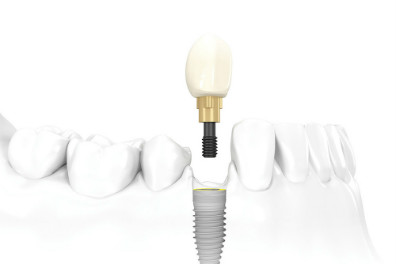
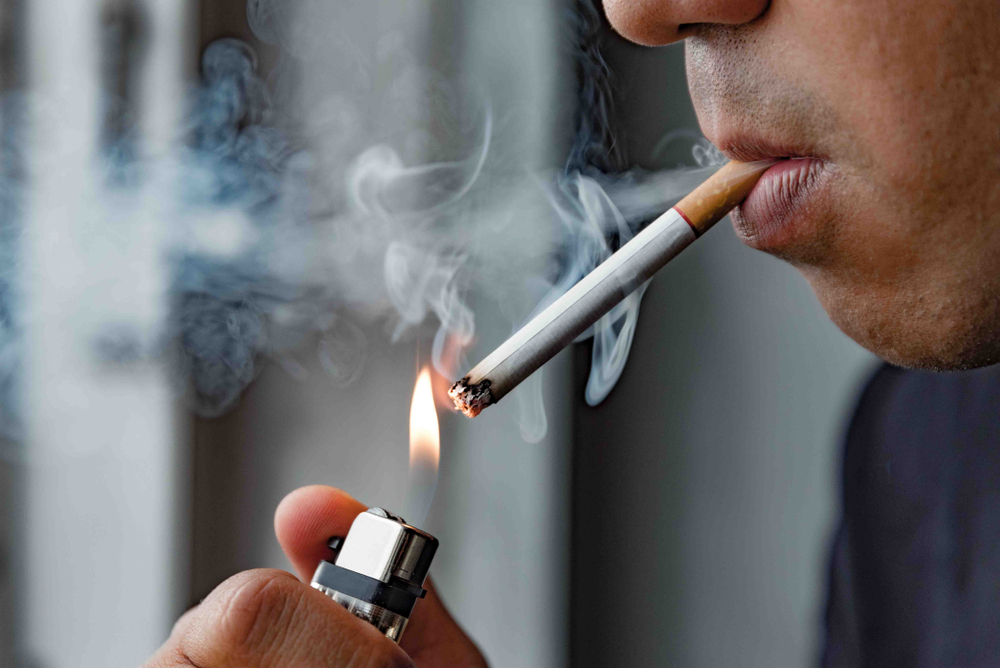
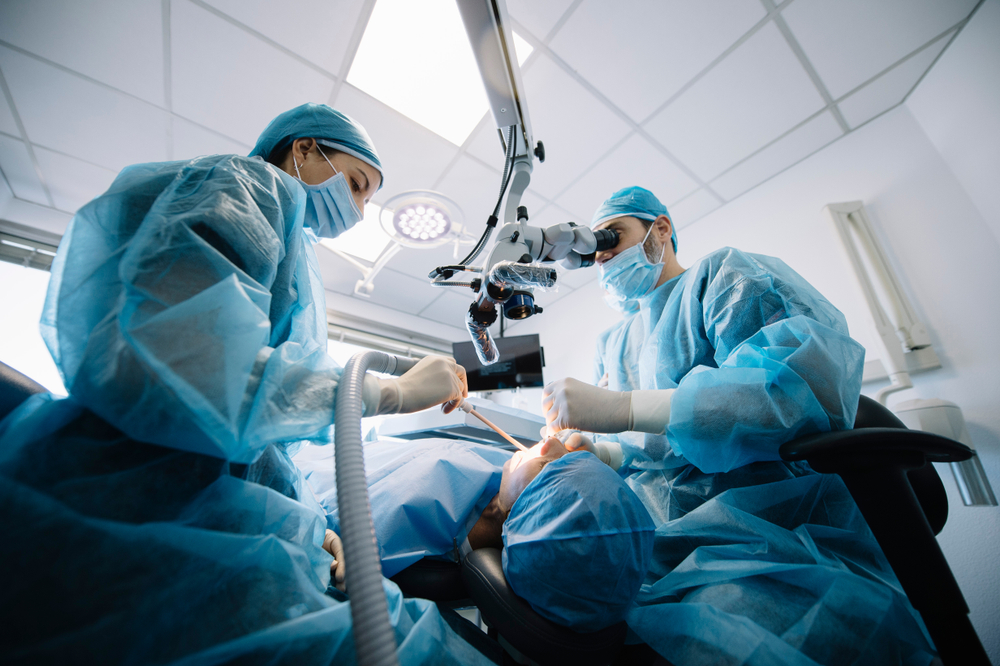
Insurance
We accept many insurances. Please contact one of our Insurance Coordinators to discuss your dental coverage plan.
(718) 948 5111
appointments@sidental.com
Open 7 days a week
Reviews
The dentists are absolutely excellent…
“I have been going here for years. The dentists are absolutely excellent and they always have an appointment available that fits into a busy schedule. I also completed invisilgn and my teeth are perfectly straight now. They also practice preventive medicine and just went in for my 6 month cleaning. Every time feel like I have a new set of choppers and best yet the check up noted no cavities!.”
— J.R
Pleasant visit
“As usual, it was a pleasant visit thanks to Dr. Nasso and her great staff..”
— C.M.
Always treated with courtesy and respect.
“Always treated with courtesy and respect. All of my questions were answered regarding upcoming treatments..”
— J.C.
Smile Profile
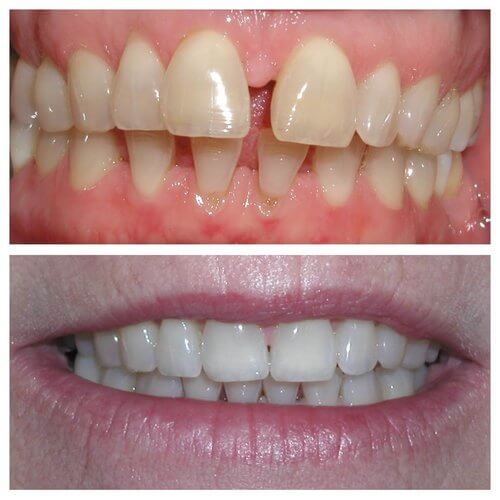
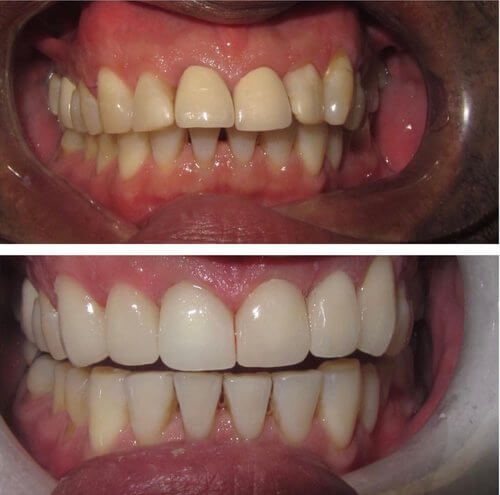
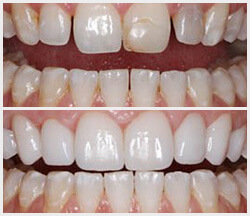
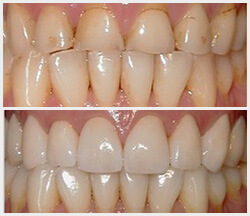
Put your best face forward.
Create a positive change to your teeth and your smile.
